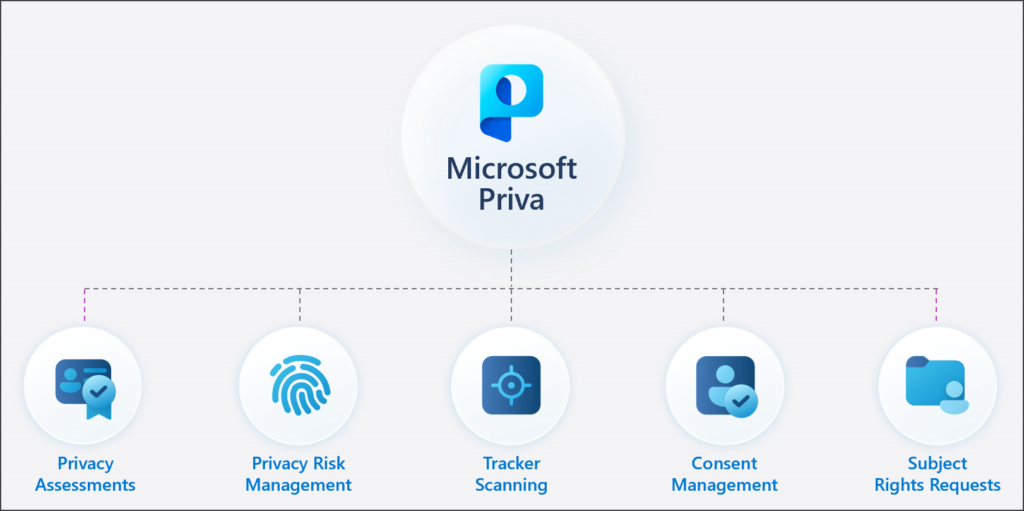
Take a good, long look at your web design. It’s your online shop window, the voice of your brand, and how new customers and clients find out all about you.
Now, imagine you want to add new content, or make some essential changes to reflect how your business is developing. Maybe you have a special offer, or a new product or service.
What happens if, to do any of these things, you’ll be charged a considerable fee, on top of what you’ve already paid out for the design and build of your site, and what you’re paying for your hosting?
It doesn’t feel like your web design truly belongs to you, does it? It’s more like you’re renting space and every time you need improvement work you must beg the landlord, who then charges you for it.
As web designers in Burnley, serving Lancashire and the North West, we believe that a business’s website belongs to the business. However, not all web design and developers are the same. So, when you’re choosing someone to design your website, you need to read the small print carefully.
But I Paid for It
Your business might procure and pay for a website in full, but by law, you may not own the intellectual property rights in the software that underpins the site. Even if you can demonstrate that you have paid in full to the web designer, this won’t stand up in court. Unless, of course, you’ve signed a contract containing a specific clause giving you the rights.
You shouldn’t be in this position in the first place: going to court is hardly the most efficient, or cost effective, means of updating your websit
Making the argument that what you signed up for implied an intended legal transfer of ownership could be difficult. And at the end of it, nothing may have changed: the website designer can still say that they own the website.
Ignore intellectual property rights at your peril, because without a written contract addressing ownership, you could be paying through the nose for every modification you need to make to your business website.
What Changes Will My Website Need?
You might be reading this now and thinking that your site is fine as it is, and you can’t see what the fuss is about. However, making changes to your site is something that you’ll find unavoidable, if it is to fully function as a marketing tool for your business.
Websites are not static, because the world of online business keeps changing and evolving. As your business changes and, hopefully, grows, you’ll want to reflect these changes in your web content, and possibly its design.
For example, you might add a new service, or, if you feature your team on your site, need to include new recruits in your online profiles.
Furthermore, for the purposes of SEO – search engine optimisation – it’s absolutely crucial to update your website at least weekly to stand any chance of your website ranking.
What’s your online marketing activity like? If your site has the capacity for blogs, how will you upload these?
When you’re focusing on a specific target market, or promoting a new product or service, you might want to set up landing pages to drive customers to it.
These are all typical modifications, changes and updates businesses continually make to their websites to enhance their online presence and stay competitive.
If, though, you must pay out every time you want to make even minor changes, you’re adding considerably to your business expenses.
Some web designers won’t release back-end login details to their clients, and when it comes to making changes, they’re firmly in the driver’s seat.
They can charge you a fee for updating the site, or changing the hosting. Or they can charge you a fee for letting the site go to you. Either way, you’ll be paying over and above what you’ve already invested in your website.
It can also have a longer-term impact: what if you come to sell your business and not owning the rights to your website is the sticking-point?
Intellectual Property Rights for Websites
As the customer, you need to ensure that you have a properly drafted agreement to sign, which will set out who owns the intellectual property rights to your website.
Essentially, it needs to be you, if you’re going to have the freedom to further develop the site as and when you need to.
There are various aspects to a website’s intellectual property rights. There is the design of the site – its look and feel; there is its functionality; and there may be underlying databases, software and associated source codes.
While the customer typically provides content for the site, and may supply a logo – both of which would normally be copyright-protected – the source code to the website’s development will not be theirs. The copyright of the source code brings with it the usage and future development of the site.
To ensure they have control over their own website, the customer must have this copyright, or at least a licence granting them specific rights to it.
In law, generally it’s the author of a work who owns the copyright, with some exceptions. As far as a website’s source code is concerned, the designer, or design agency, will own the copyright to this, unless you’ve signed a written transfer of the rights over to you.
A Question of Trust
As web developers, designers and IT specialists, we think it’s our mission to help businesses succeed online, by giving them the websites they want. This is our area of specialisation.
We’re here to help you, not to control what you can and cannot do with your website.
Therefore, after we’ve designed, developed and built your site we make sure it’s clear that it belongs to you, no strings attached.
After we’ve given you your site, if you want our help in future, we’re happy to see what you need from us, but we won’t be holding you over a barrel.
Get In Touch
As specialists in website design and build for Burnley and Lancashire, we can ensure you get the website your business needs to thrive.
Call us on 01282 506 616, email us at info@bandicoot.co.uk, or fill out the contact form details on our website, send your message, and we’ll quickly get back to you.



